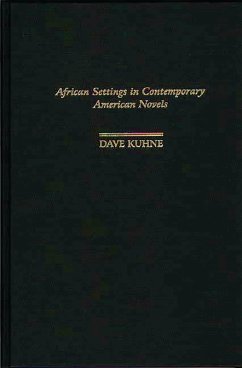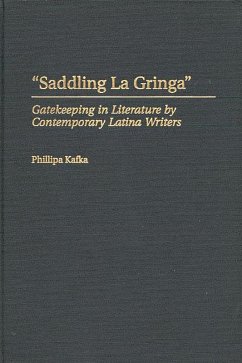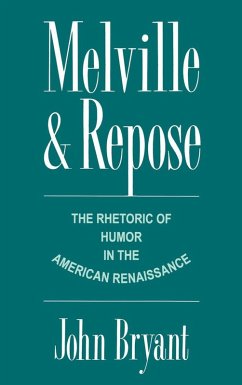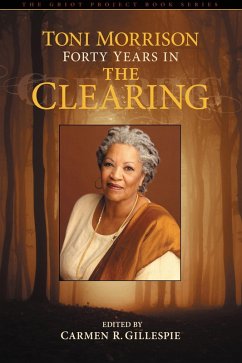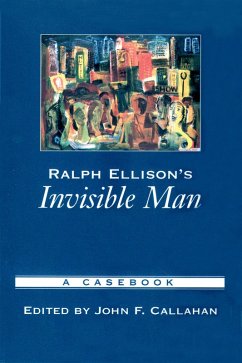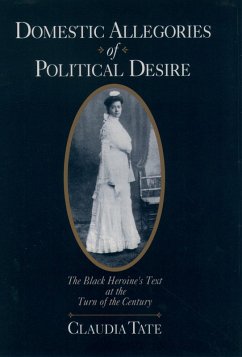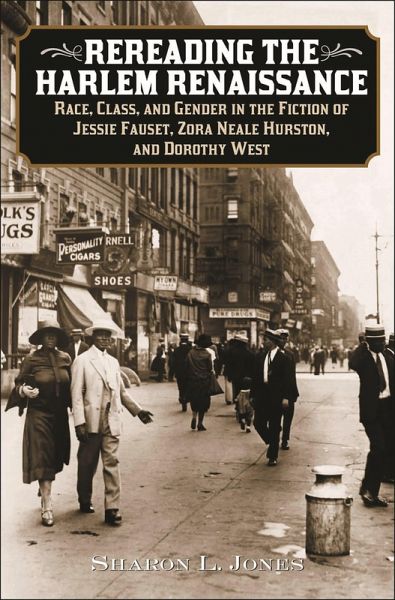
Rereading the Harlem Renaissance (eBook, PDF)
Race, Class, and Gender in the Fiction of Jessie Fauset, Zora Neale Hurston, and Dorothy West
Versandkostenfrei!
Sofort per Download lieferbar
67,95 €
inkl. MwSt.
Weitere Ausgaben:

PAYBACK Punkte
34 °P sammeln!
African American writers of the Harlem Renaissance generally fall into three aesthetic categories: the folk, which emphasizes oral traditions, African American English, rural settings, and characters from lower socioeconomic levels; the bourgeois, which privileges characters from middle class backgrounds; and the proletarian, which favors overt critiques of oppression by contending that art should be an instrument of propaganda. Depending on critical assumptions regarding what constitutes authentic African American literature, some writers have been valorized, others dismissed. This rereading ...
African American writers of the Harlem Renaissance generally fall into three aesthetic categories: the folk, which emphasizes oral traditions, African American English, rural settings, and characters from lower socioeconomic levels; the bourgeois, which privileges characters from middle class backgrounds; and the proletarian, which favors overt critiques of oppression by contending that art should be an instrument of propaganda. Depending on critical assumptions regarding what constitutes authentic African American literature, some writers have been valorized, others dismissed. This rereading of the Harlem Renaissance gives special attention to Fauset, Hurston, and West. Jones argues that all three aesthetics influence each of their works, that they have been historically mislabeled, and that they share a drive to challenge racial, class, and gender oppression. The introduction provides a detailed historical overview of the Harlem Renaissance and the prevailing aesthetics of the period. Individual chapters analyze the works of Hurston, West, and Fauset to demonstrate how the folk, bourgeois, and proletarian aesthetics figure into their writings. The volume concludes by discussing the writers in relation to contemporary African American women authors.




